Home>Garden Essentials>What Fruit Does Not Have Seeds
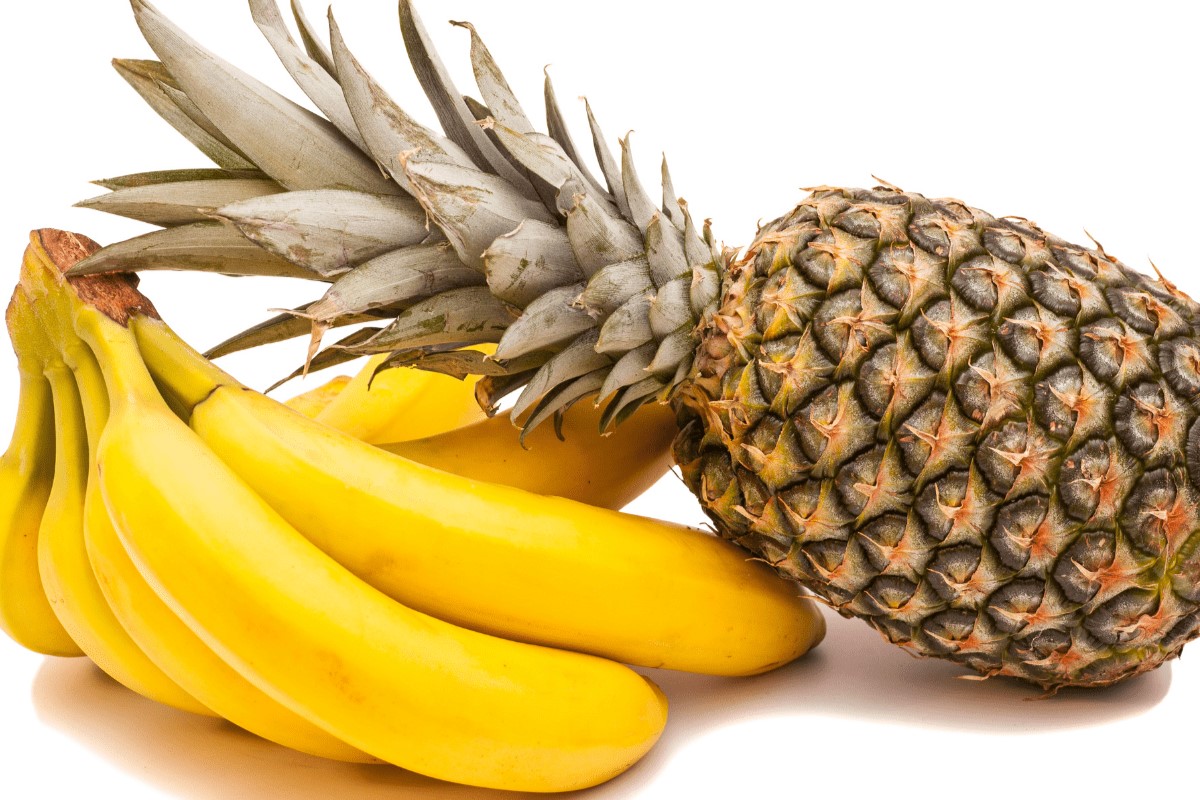

Garden Essentials
What Fruit Does Not Have Seeds
Modified: March 24, 2024
Discover the perfect fruits for your garden with seeds or without. Learn which fruit varieties require little to no seed removal for hassle-free gardening.
(Many of the links in this article redirect to a specific reviewed product. Your purchase of these products through affiliate links helps to generate commission for Storables.com, at no extra cost. Learn more)
Introduction
Gardening is a rewarding and enriching hobby that allows us to connect with nature, cultivate beautiful landscapes, and even grow our own food. One of the joys of gardening is watching fruits and vegetables come to life, growing from tiny seeds into delicious and nutritious treats. However, not all fruits are created equal when it comes to their seeds. There are some fruits that do not have seeds at all, and they offer a unique and convenient option for those who prefer a seedless eating experience. In this article, we will explore the world of seedless fruits and discover which varieties do not require the hassle of removing seeds before enjoying them.
Key Takeaways:
- Seedless fruits offer a hassle-free eating experience, perfect for quick snacks and on-the-go meals. Their convenience, extended shelf life, and versatile cooking options make them a delightful choice for fruit lovers of all ages.
- Whether it’s the crisp seedless watermelons, sweet seedless grapes, or smooth seedless bananas, these fruits provide a burst of flavor without the hassle of seeds. Enjoy their convenience, taste, and health benefits for a delightful and nutritious snack.
Read more: What Fruits Have Seeds In Them
Seedless Fruits: An Overview
Seedless fruits are a unique and fascinating category of fruits that offer a convenient and hassle-free way to enjoy their delicious flavors. While most fruits naturally contain seeds, seedless fruits have been selectively bred to either reduce or eliminate the presence of seeds. This selective breeding process has resulted in fruits that are not only easier to eat but also have a slightly different texture and taste compared to their seeded counterparts.
Seedless fruits are a result of a genetic mutation known as parthenocarpy, which causes the fruit to develop without fertilization. Therefore, seedless fruits may still have remnants of underdeveloped seeds or small seed-like structures called vestigial seeds. However, these vestigial seeds are usually soft and edible, making them almost unnoticeable when eating the fruit.
One advantage of seedless fruits is their convenience. Seedless varieties are often preferred for their ease of consumption, as there is no need to worry about removing or spitting out seeds. This makes seedless fruits a great option for quick snacks, picnics, or packing in lunchboxes. Additionally, seedless fruits tend to have a longer shelf life than their seeded counterparts, as the absence of seeds reduces the chances of spoilage.
Common Seedless Fruits
There are several popular fruits that are commonly available in seedless varieties. Let’s explore some of the most common seedless fruits:
- Seedless Watermelon: Seedless watermelons are a favorite among fruit lovers. These juicy and refreshing fruits have been bred to have tiny, soft, and almost invisible seeds. They are perfect for enjoying on a hot summer day.
- Seedless Grapes: Seedless grapes are a popular choice for snacking and are often used in desserts and salads. These grapes have a crisp texture and burst with sweetness, making them a delicious and healthy treat.
- Seedless Bananas: While most bananas do have seeds, there are some varieties that are virtually seedless. These bananas are softer and sweeter than their seeded counterparts, making them perfect for smoothies, baking, or simply enjoying as a quick snack.
- Seedless Oranges: Seedless oranges, also known as navel oranges, are a favorite citrus fruit. These oranges are easy to peel and have a sweet and tangy flavor. Their seedless nature makes them convenient for both eating and juicing.
- Seedless Apples: Seedless apples, such as the popular Red Delicious variety, have been bred to have very small, undeveloped seeds that are barely noticeable when eating the fruit. These apples are crisp and sweet, making them a beloved choice for fresh eating and cooking.
- Seedless Papaya: Seedless papayas are a tropical delight. These fruits have a smooth texture, fragrant aroma, and a sweet, tropical flavor. Their seedless nature makes them incredibly convenient to enjoy without any fuss.
These are just a few examples of seedless fruits that are commonly available. It’s important to note that the availability of seedless varieties may vary depending on your location and the time of year.
Seedless Watermelon
Seedless watermelon is a popular variety of watermelon that has been selectively bred to have reduced or no seeds. These juicy and refreshing fruits are a summertime favorite, often enjoyed at picnics, barbecues, and beach outings.
One of the main advantages of seedless watermelon is the convenience it offers. Unlike traditional watermelons, which have large black seeds that need to be removed or spat out, seedless watermelons have small, white, and soft edible seeds. These tiny seeds are almost unnoticeable when eating the fruit, allowing you to enjoy bite after bite without any interruptions.
Seedless watermelons have a crisp, juicy, and sweet flesh that is a vibrant red or pink color. The absence of seeds also means that the texture of the watermelon is smooth and uniform, making it even more enjoyable to eat. Whether you slice it into wedges, cube it for fruit salads, or blend it into refreshing smoothies, seedless watermelon is a versatile fruit that adds a burst of flavor to any summer dish.
When selecting a seedless watermelon, look for fruits that are symmetrical, firm, and heavy for their size. The rind should have a dull appearance, indicating that it is ripe. To determine if a seedless watermelon is ripe, give it a gentle tap. If it produces a deep, hollow sound, it is likely ripe and ready to be enjoyed.
Seedless watermelons are not only delicious but also nutritious. They are an excellent source of hydration, as they are made up of over 90% water. Watermelons are low in calories and fat but high in essential vitamins and minerals, including vitamin C and potassium. They also contain lycopene, a powerful antioxidant known for its potential health benefits.
Whether you enjoy seedless watermelon as a refreshing snack, a hydrating treat, or as part of a fruit salad or dessert, this delightful fruit is sure to satisfy your taste buds and quench your thirst during the hot summer months. So grab a slice, take a bite, and let the sweet and juicy flavors transport you to a summer paradise.
Seedless Grapes
Seedless grapes are a popular and delicious fruit that is enjoyed in various ways. These grapes are known for their convenience, as they require no seed removal or spitting. They are perfect for snacking, adding to fruit salads, or even transforming into jams, jellies, or juices.
One of the great things about seedless grapes is their versatility. They come in a variety of colors, including green, red, and black, each with its own unique flavor profile. Green seedless grapes tend to be crisp and slightly tart, while red seedless grapes are sweeter with a more nuanced flavor. Black seedless grapes are often the sweetest of the three, with a rich and balanced taste.
Seedless grapes have a firm and juicy texture that bursts with sweetness when you bite into them. The absence of seeds allows you to enjoy the grapes without any interruption, making them an ideal choice for quick and easy snacking. They are great for adding a pop of color and flavor to fruit platters or cheese boards, and they make excellent additions to salads or as toppings for desserts.
Not only are seedless grapes tasty, but they are also packed with nutritional benefits. Grapes are a rich source of vitamins C and K, as well as various antioxidants. They contain flavonoids, which have been linked to heart health and may help reduce the risk of chronic diseases. Grapes also provide dietary fiber and have natural hydrating properties due to their high water content.
When selecting seedless grapes, look for bunches that are plump, firm, and free from wrinkles or shriveling. The color of the grapes should be vibrant, indicating ripeness. Grapes are best stored in the refrigerator and can be enjoyed for up to a week if kept in a breathable bag or container.
Whether you enjoy them as a simple snack, incorporate them into recipes, or use them to make your own homemade grape juice, seedless grapes are a delightful and nutritious fruit that satisfies your cravings for something sweet and refreshing. So indulge in the burst of flavor that seedless grapes offer and enjoy the simple pleasure of these bite-sized treats.
Read more: What Fruit Doesn’t Have Seeds
Seedless Bananas
When we think of bananas, we often imagine them with those tiny black seeds scattered throughout the flesh. However, there are seedless varieties of bananas that offer a unique and convenient eating experience. Seedless bananas have been selectively bred to have reduced or no viable seeds, making them incredibly easy to enjoy.
Seedless bananas are typically softer and sweeter than their seeded counterparts. They have a smooth, creamy texture and are a popular choice for snacking, baking, or adding to smoothies. Their seedless nature means that you can bite into a banana without worrying about removing any seeds or experiencing an unwanted crunch.
One of the advantages of seedless bananas is their versatility in the kitchen. Due to their sweeter flavor and softer texture, they are perfect for making banana bread, muffins, pancakes, or adding to yogurt and cereal. The absence of seeds also makes them a convenient choice for parents introducing fruits to their young children, as there are no choking hazards to worry about.
Seedless bananas, like their seeded counterparts, are a nutritional powerhouse. They are rich in potassium, vitamin B6, dietary fiber, and other essential vitamins and minerals. Bananas are known for their natural energy-boosting properties, making them a great choice for pre- or post-workout snacks. They also contain antioxidants and are gentle on the digestive system, making them a popular choice for promoting gut health.
When selecting seedless bananas, it’s best to choose fruits that are yellow and free from bruises or blemishes. Bananas continue to ripen after they are harvested, so if you prefer them slightly less ripe, you can choose bananas that are still slightly green at the stem end.
So whether you enjoy them as a quick and healthy snack, incorporate them into your favorite recipes, or use them to satisfy your sweet tooth, seedless bananas provide a convenient and delicious way to enjoy the delightful flavors and nutritional benefits that bananas have to offer. So grab a seedless banana, peel it, and savor the smooth and luscious taste that awaits you!
Some fruits, like bananas and seedless grapes, are known for not having seeds. These fruits are often the result of selective breeding to produce seedless varieties.
Seedless Oranges
Oranges are beloved for their refreshing flavor and high vitamin C content. While most oranges contain seeds, there are seedless varieties available that offer a hassle-free and enjoyable eating experience. Seedless oranges, also known as navel oranges, are a popular choice for those who want to enjoy the juicy sweetness of oranges without worrying about dealing with the inconvenience of seeds.
Seedless oranges have a bright orange peel and a slightly flattened shape at the blossom end, resembling a belly button, which gives them their name. They are easy to peel and segment, making them a convenient fruit for snacking and incorporating into various recipes.
The absence of seeds in seedless oranges means that you can simply enjoy the segments without having to carefully spit out or remove any seeds. This makes seedless oranges a popular choice for on-the-go snacks, lunchbox additions, and fruit salads. Their sweet and tangy flavor adds a burst of refreshing taste to any dish.
When selecting seedless oranges, choose fruits that feel heavy for their size, as this indicates that they are juicy and ripe. The skin should be smooth and firm, without any soft spots or blemishes. Seedless oranges can be stored at room temperature for a few days or in the refrigerator for longer shelf life.
In addition to their delicious taste, seedless oranges offer a plethora of health benefits. Oranges are well-known for their high vitamin C content, which aids in supporting the immune system and promoting healthy skin. They are also a good source of fiber, potassium, and antioxidants, making them beneficial for heart health and digestion.
Whether you enjoy seedless oranges in their whole form, squeeze them into fresh juice, or incorporate them into salads, desserts, or savory dishes, these citrus fruits are a versatile and nutritious addition to any meal. So peel back the skin, savor the sweet citrus aroma, and delight in the seedless satisfaction of enjoying the juicy segments of a seedless orange.
Seedless Apples
Apples are a classic and beloved fruit with a wide variety of flavors and textures. While most apples have seeds, there are seedless varieties available that offer a convenient and fuss-free eating experience. Seedless apples, such as the popular Red Delicious variety, have been selectively bred to have small, undeveloped seeds that are barely noticeable when eating the fruit.
Seedless apples have a crisp and juicy texture that makes them perfect for biting into or slicing for a snack. Their sweet and slightly tart flavor adds a delightful burst of taste, whether you enjoy them on their own or use them in various culinary creations.
One of the advantages of seedless apples is the absence of large, bothersome seeds that can interfere with the enjoyment of the fruit. The tiny, undeveloped seeds in seedless apples are often soft and unnoticeable, allowing you to fully appreciate the crispness and juiciness of the fruit without any interruption. This makes seedless apples a great choice for slicing and adding to salads, baking into pies or tarts, or simply enjoying as a refreshing and healthy snack.
When selecting seedless apples, look for fruits that are firm, smooth, and free from bruises or blemishes. The color of the apple will depend on the specific variety, so choose based on your personal preference. Some popular seedless apple varieties include Red Delicious, Gala, Fuji, and Honeycrisp.
Seedless apples not only offer a delicious eating experience but also provide a range of health benefits. Apples are an excellent source of dietary fiber, which promotes healthy digestion and can help you feel full for longer. They are also packed with essential vitamins and antioxidants, contributing to overall well-being. Additionally, apples contain natural sugars and carbohydrates, making them a great energy-boosting snack.
Whether you crunch into a seedless apple as a simple and refreshing snack, incorporate slices into your favorite recipes, or create a tasty applesauce or apple crisp, seedless apples provide a convenient and enjoyable way to savor the flavors and nutritional benefits that apples have to offer. So let the sweet and crisp delight of a seedless apple take you on a culinary journey that satisfies both your taste buds and your health goals.
Seedless Papaya
Papaya is a tropical fruit known for its vibrant color, unique flavor, and numerous health benefits. While traditional papayas contain numerous seeds at the center, seedless varieties have been developed to provide a convenient and enjoyable eating experience.
Seedless papayas have a smooth and creamy texture, similar to their seeded counterparts. However, the absence of seeds means that you can simply scoop out the flesh and enjoy it without any interruption. This makes seedless papayas a popular choice for those who prefer a hassle-free fruit-eating experience.
Seedless papayas, also known as Solo papayas, have a bright orange or yellow flesh with a sweet and tropical flavor. They are rich in vitamins A and C, fiber, and antioxidants, making them a nutritious addition to your diet. Papayas are also known for containing an enzyme called papain, which aids in digestion and is often used as a natural meat tenderizer.
When selecting seedless papayas, choose fruits that are slightly soft to the touch and have a sweet aroma. Avoid papayas with bruises, blemishes, or overly soft spots. Ripe papayas can be stored in the refrigerator for a few days, or you can allow them to ripen further at room temperature.
Seedless papayas can be enjoyed in various ways. You can simply scoop out the flesh and eat it on its own, or you can add it to fruit salads, smoothies, or yogurt. It can also be used as a topping for desserts or blended into a delicious tropical papaya juice.
Aside from their delicious taste and versatility, seedless papayas offer a range of health benefits. They are rich in antioxidants, which help protect the body against damage from free radicals. The high fiber content aids in digestion and may support heart health. Additionally, papayas are hydrating and can contribute to healthy skin and hair.
So whether you’re enjoying seedless papayas as a refreshing snack, incorporating them into your favorite recipes, or exploring the tropical flavors they offer, these seedless fruits bring a taste of the tropics right to your plate. Experience the mouthwatering sweetness and numerous health benefits of seedless papayas, and let their tropical charm transport you to an island paradise.
Read more: What Fruits Are True To Seed
Benefits of Seedless Fruits
Seedless fruits offer a range of benefits that make them a convenient and enjoyable option for fruit lovers. Let’s explore some of the advantages of consuming seedless fruits:
Convenience: The main advantage of seedless fruits is their convenience. Without the need to remove or spit out seeds, seedless varieties provide a hassle-free eating experience. They are perfect for quick snacks, on-the-go meals, or packing in lunchboxes without the worry of dealing with seeds.
Texture and Taste: Seedless fruits often have a different texture and taste compared to their seeded counterparts. The absence of seeds can result in a smoother and more uniform texture, allowing you to fully enjoy the fruit’s natural flavor without any interruptions. Seedless fruits tend to be juicier and have a more concentrated sweetness, making them a delight to eat.
Concentration of Flavor: Seedless fruits often have a higher concentration of natural sugars and flavors because the energy that would have been used for seed development is instead allocated to the fruit. This concentration of flavor enhances the taste and sweetness of the fruit, making them even more enjoyable to eat.
Constituent-Free Consumption: With seedless fruits, you can enjoy the entire fruit without having to worry about discarding any parts. There’s no need to remove seeds or separate out any edible portions. This means you can consume the entire fruit and benefit from all its nutritional components effortlessly.
Extended Shelf Life: Seedless fruits, due to their lack of seeds, tend to have a longer shelf life compared to their seeded counterparts. The absence of seeds reduces the chances of spoilage and allows the fruit to stay fresh and flavorful for a longer period, giving you more time to enjoy them.
Versatility in Cooking: Seedless fruits can be utilized in various recipes due to their convenient nature. You can easily incorporate them into salads, desserts, smoothies, or baked goods without having to worry about removing seeds or adjusting measurements. Their texture, vibrant colors, and sweet taste make them versatile ingredients in the culinary world.
It’s important to note that while seedless fruits do offer numerous benefits, they may still contain vestigial seeds or underdeveloped seed remnants. However, these seeds are typically soft and edible, making them almost unnoticeable when consuming the fruit.
Seedless fruits provide a convenient and delightful eating experience, allowing you to fully savor their flavors without any interruption. So whether you prefer seedless watermelons, grapes, bananas, oranges, apples, papayas, or any other seedless fruit, indulge in their deliciousness and enjoy the numerous benefits they offer. Nature’s bounty has never been so enjoyable!
Seedless vs. Seed-In Fruits: Nutritional Differences
When it comes to the nutritional content of seedless fruits versus seed-in fruits, there are a few key differences to consider. While both types of fruits offer valuable vitamins, minerals, and fiber, the presence or absence of seeds can impact certain nutritional aspects. Let’s explore the nutritional differences between seedless and seed-in fruits:
Fiber Content: Both seedless and seed-in fruits are excellent sources of dietary fiber, which aids in digestion and promotes a healthy gut. However, seed-in fruits often contain slightly higher fiber content due to the presence of seeds. Seeds are rich in fiber, which adds bulk and helps regulate bowel movements. If you’re looking to increase your fiber intake, opting for seed-in fruits can provide an extra boost.
Vitamin and Mineral Content: The vitamin and mineral content of fruits can vary, regardless of whether they are seedless or seed-in. The nutritional profile of a fruit largely depends on the specific variety and its growing conditions. In general, both seedless and seed-in fruits are rich in essential vitamins and minerals, such as vitamins C and A, potassium, and antioxidants.
Seed Nutrients: Seeds themselves contain several nutrients, including healthy fats, protein, and certain minerals. In seed-in fruits, consuming the seeds provides an additional nutritional benefit. For example, watermelon seeds are a good source of healthy fats and minerals like magnesium and iron. However, the overall contribution of seeds to the nutritional value of the fruit varies depending on the type of seed and the quantity consumed.
Caloric Content: When comparing seedless and seed-in fruits, the caloric content can be similar. However, in some cases, the absence of seeds in seedless fruits can result in a slightly lower caloric count. This can be advantageous for those who are watching their overall calorie intake, although the difference is usually minimal.
Other Health Benefits: Seedless fruits and seed-in fruits both offer various health benefits. The high water content in many fruits, regardless of seed presence, contributes to hydration and aids in maintaining overall health. Additionally, both types of fruits contain antioxidants, which help protect against cellular damage and may reduce the risk of chronic diseases.
It’s important to note that the overall nutritional value of a fruit is determined by various factors, including ripeness, growing conditions, and the specific variety. The presence or absence of seeds is just one aspect to consider.
In general, incorporating a variety of seedless and seed-in fruits into your diet ensures a well-rounded intake of essential nutrients. Whether you choose seedless watermelons, grapes, or bananas, or opt for seed-in fruits like apples or oranges, both offer unique flavors, textures, and nutritional benefits that contribute to a balanced and healthy diet.
Ultimately, the choice between seedless and seed-in fruits comes down to personal preference and the specific nutritional needs of individuals. So enjoy the abundance of fruits nature provides, reap their nutritional benefits, and savor the flavors without forgetting the importance of a well-rounded diet.
Conclusion
Seedless fruits offer a convenient and enjoyable option for fruit enthusiasts, providing a hassle-free eating experience without the need to remove or spit out seeds. These varieties, which have been selectively bred to have reduced or no seeds, come in a diverse range of flavors, colors, and textures to cater to different preferences.
Whether it’s the crisp and refreshing seedless watermelons, the burst of sweetness in seedless grapes, the smooth and creamy seedless bananas, the tangy seedless oranges, the crunchy and juicy seedless apples, or the tropical delight of seedless papayas, there’s a seedless fruit for everyone to savor.
Seedless fruits offer numerous benefits. Their convenience makes them perfect for quick snacks or on-the-go meals, while their texture and taste bring a delightful eating experience. The concentration of flavor, extended shelf life, and versatility in cooking add to their appeal.
While seedless fruits may have slightly different nutritional profiles compared to their seed-in counterparts, both types of fruits have their own set of advantages. Seedless fruits are often lower in calories due to the absence of seeds, while seed-in fruits generally provide slightly higher fiber content. Nonetheless, both types of fruits offer an array of essential vitamins, minerals, and antioxidants that contribute to a well-rounded and healthy diet.
Whether you choose seedless or seed-in fruits, it’s important to enjoy a variety of fruits to benefit from their unique flavors and nutritional values. Incorporating these fruits into your diet not only satisfies your taste buds but also provides essential nutrients that contribute to overall well-being.
So, the next time you’re in the mood for a refreshing and delicious treat, consider reaching for a seedless fruit. Bite into the sweetness, savor the flavors, and relish the convenience that comes with enjoying these delightful fruits. Seedless fruits bring joy and ease to the world of gardening and culinary delights, making them a beloved choice for fruit enthusiasts of all ages.
Frequently Asked Questions about What Fruit Does Not Have Seeds
Was this page helpful?
At Storables.com, we guarantee accurate and reliable information. Our content, validated by Expert Board Contributors, is crafted following stringent Editorial Policies. We're committed to providing you with well-researched, expert-backed insights for all your informational needs.
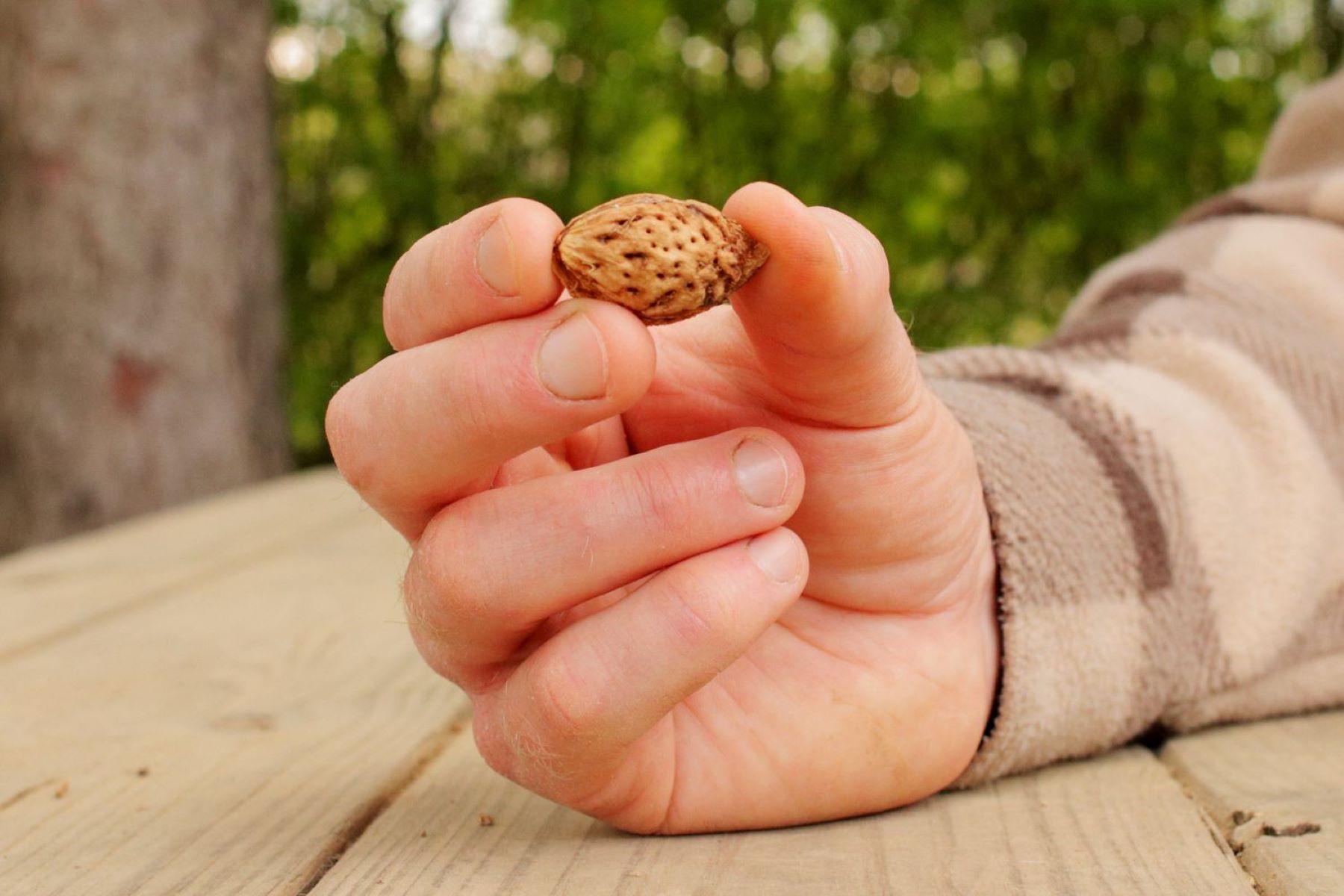
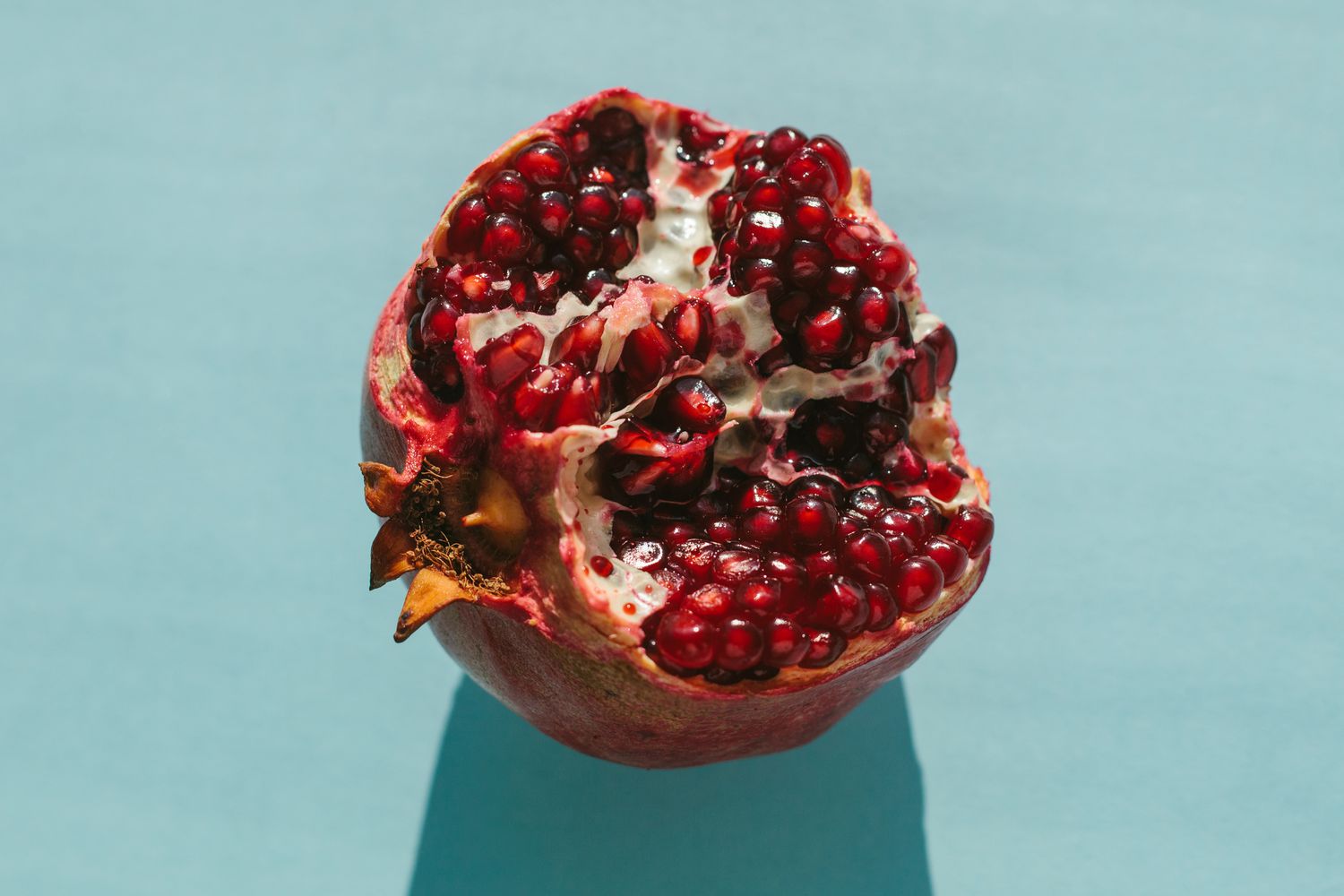
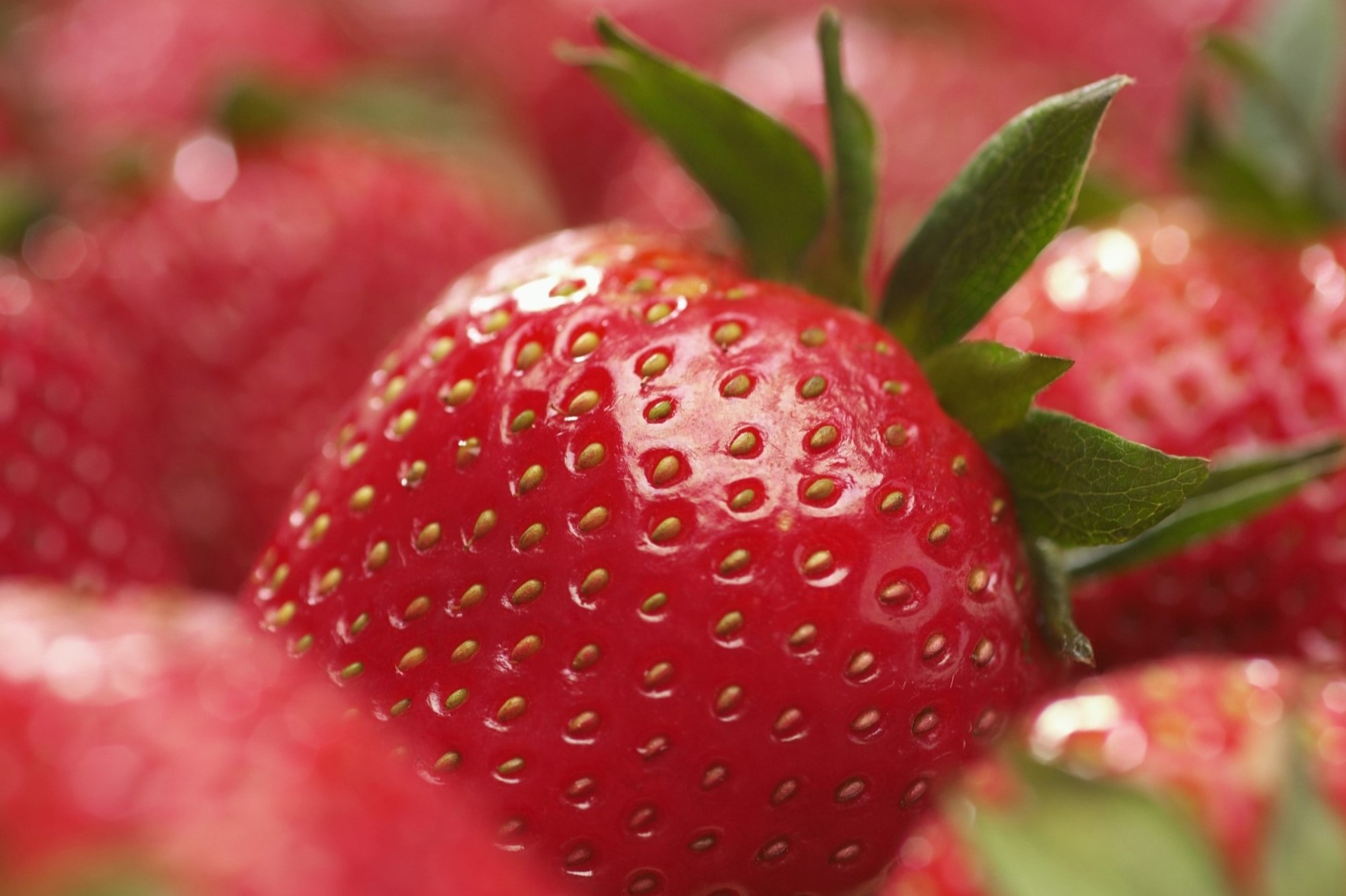
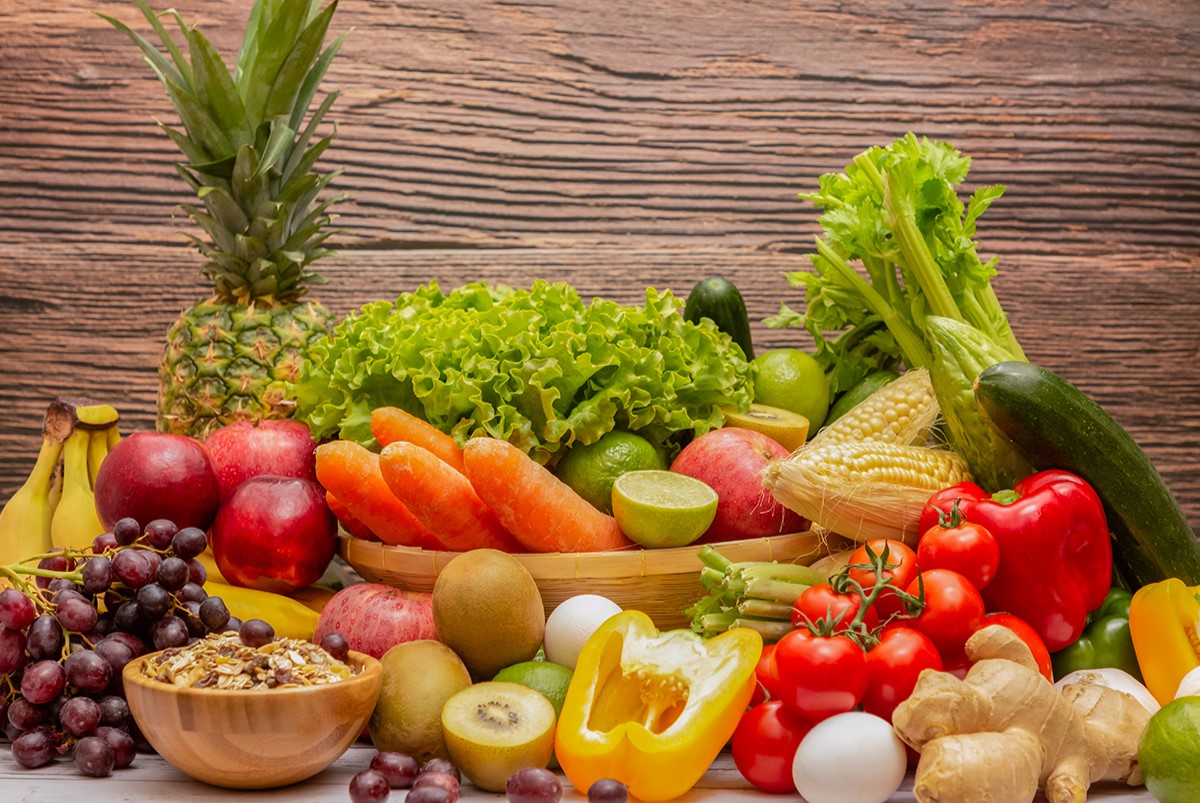
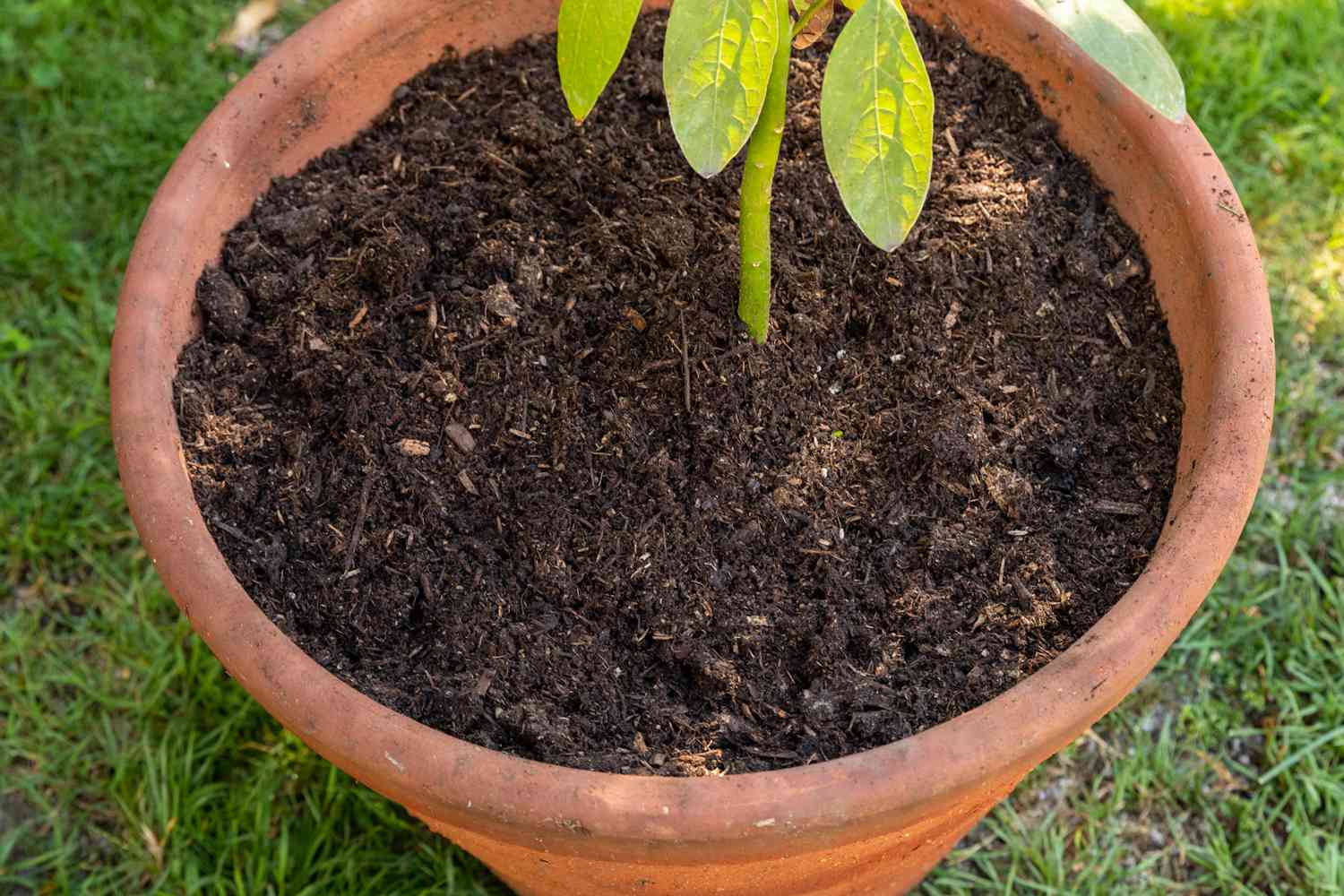
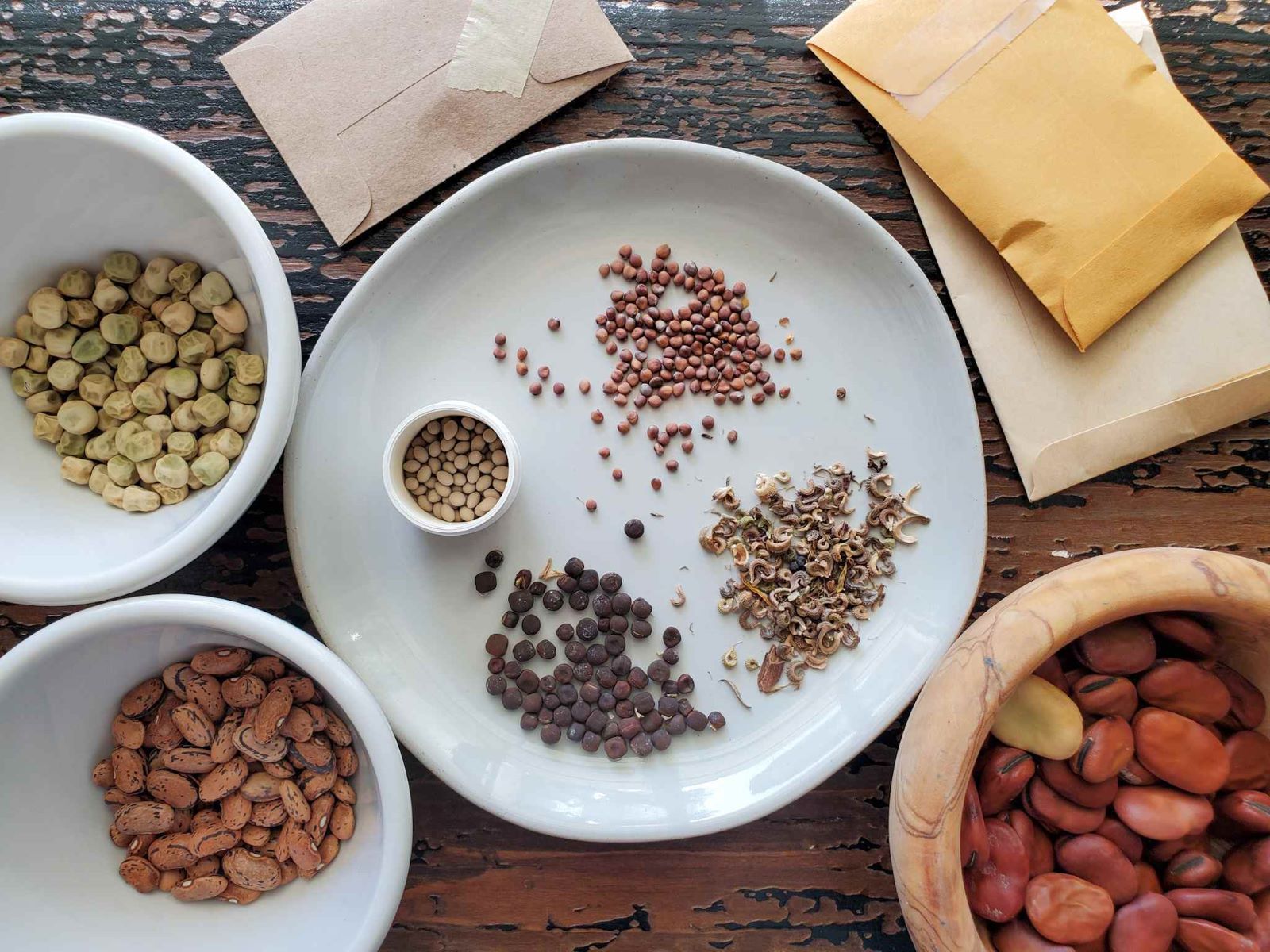
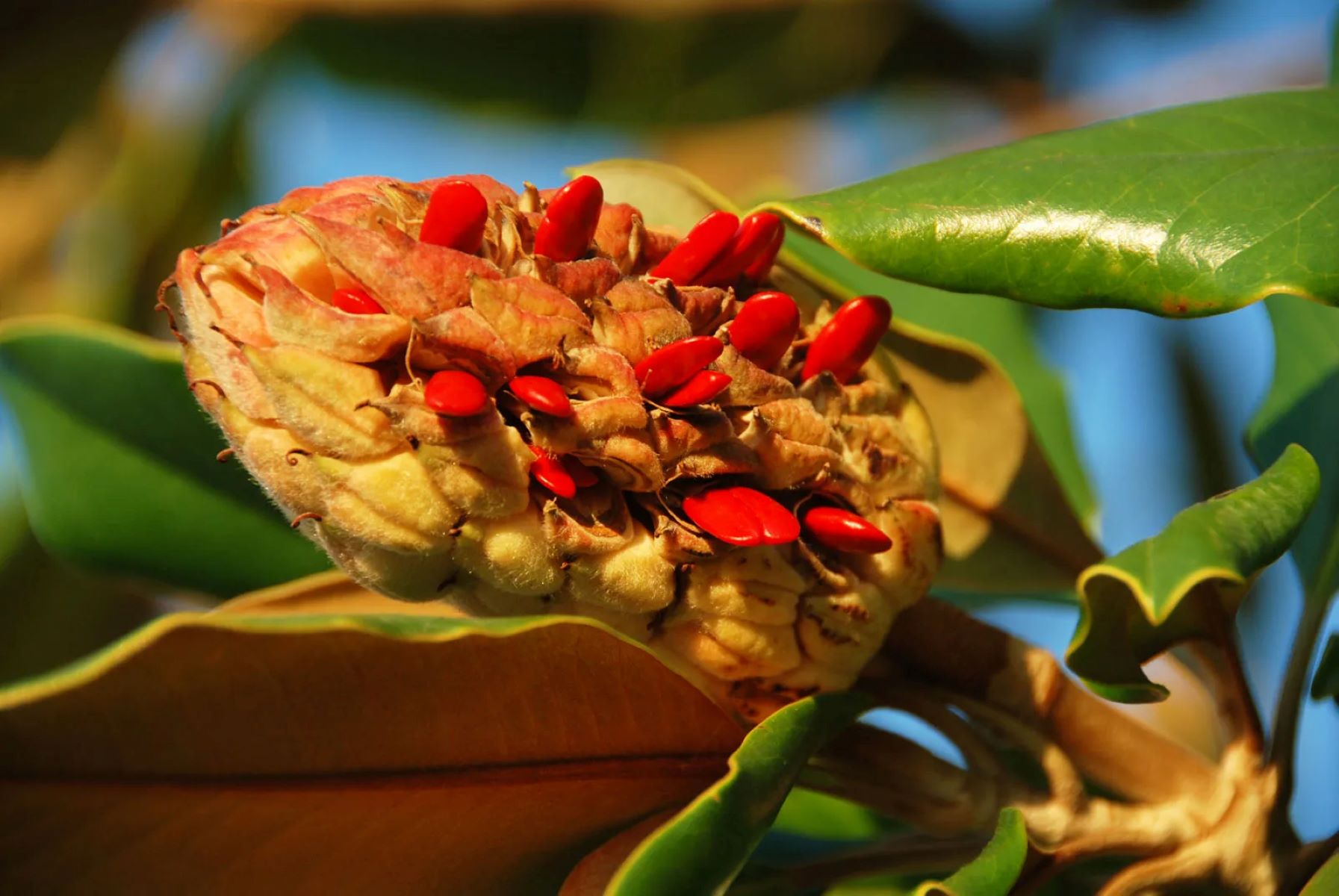
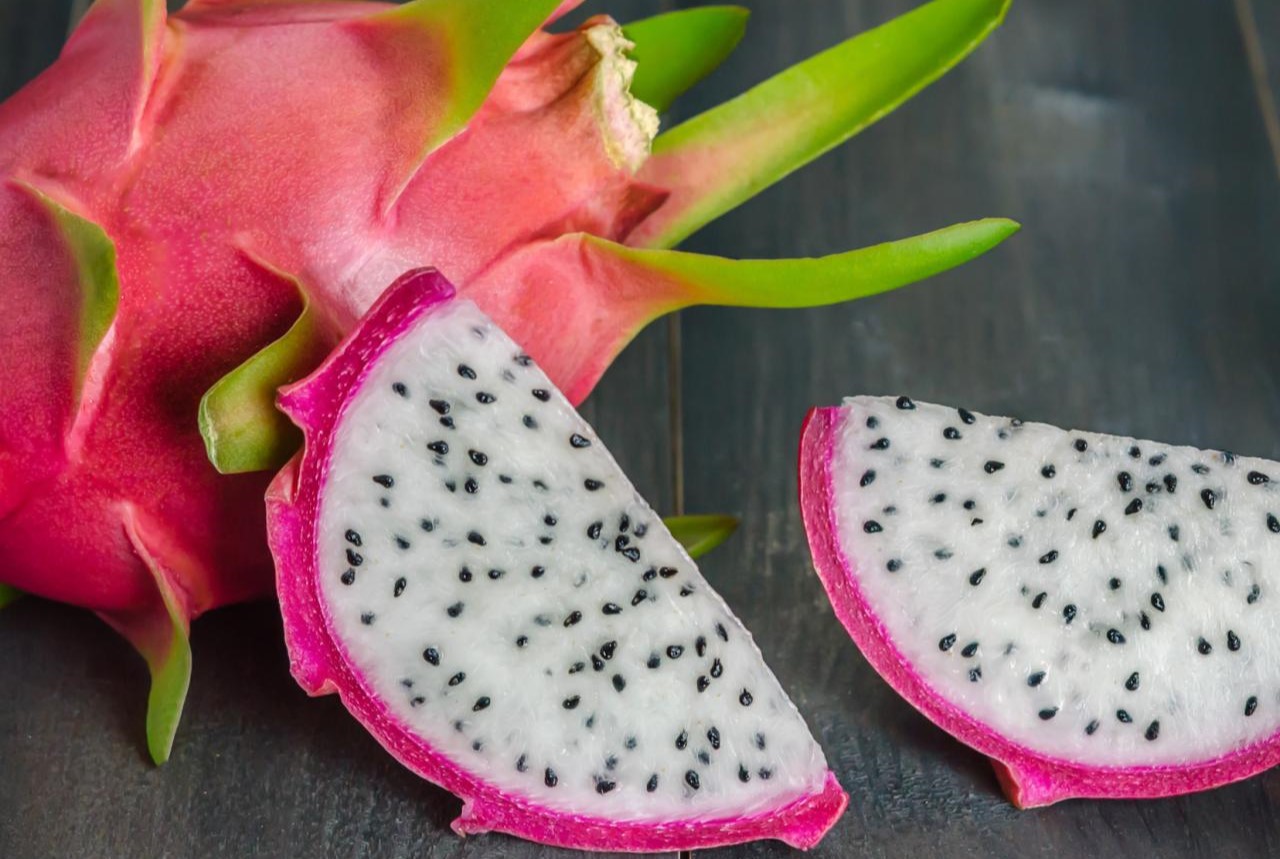
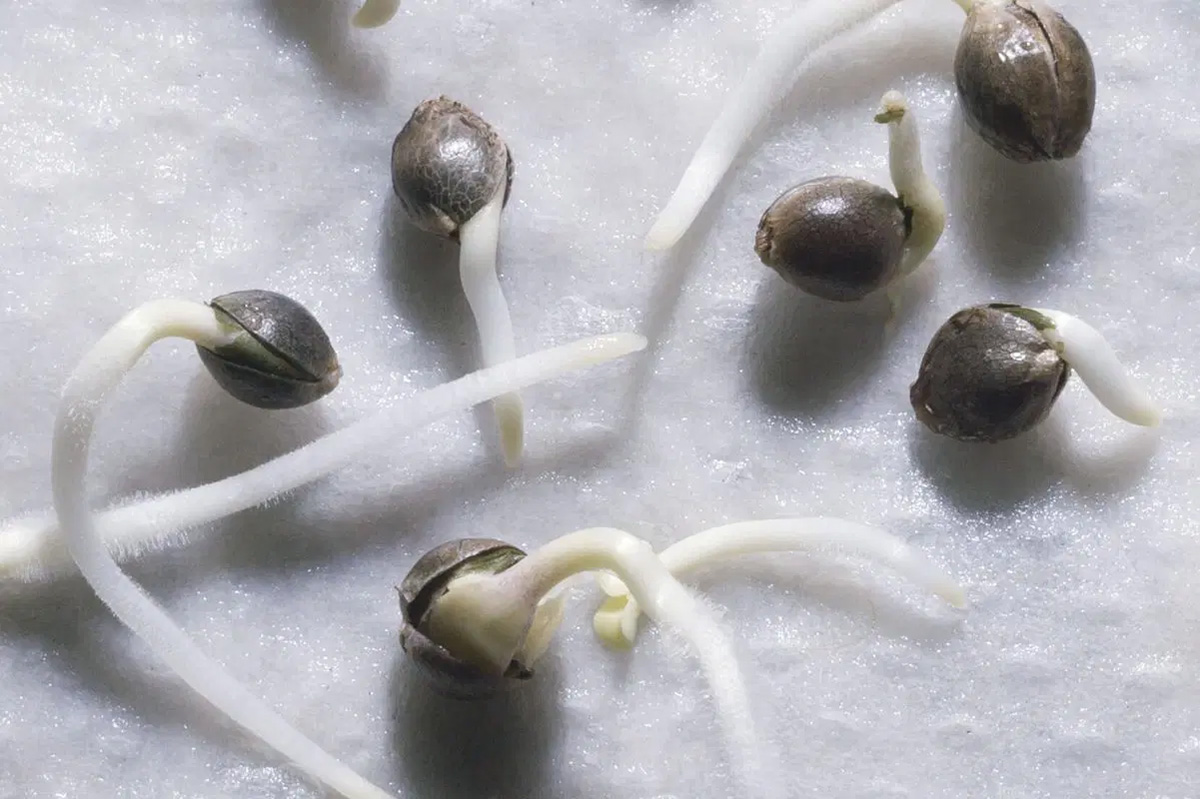
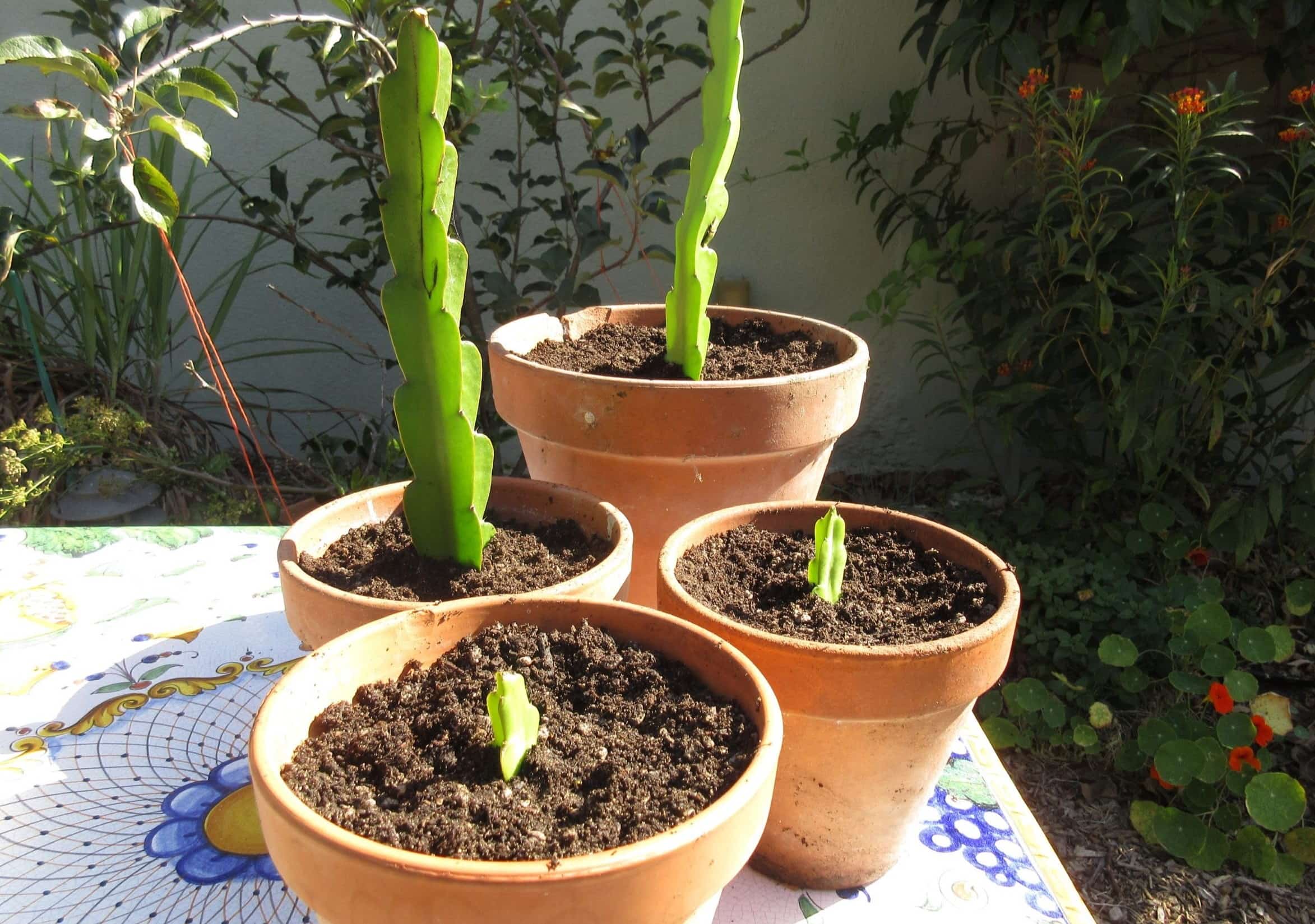
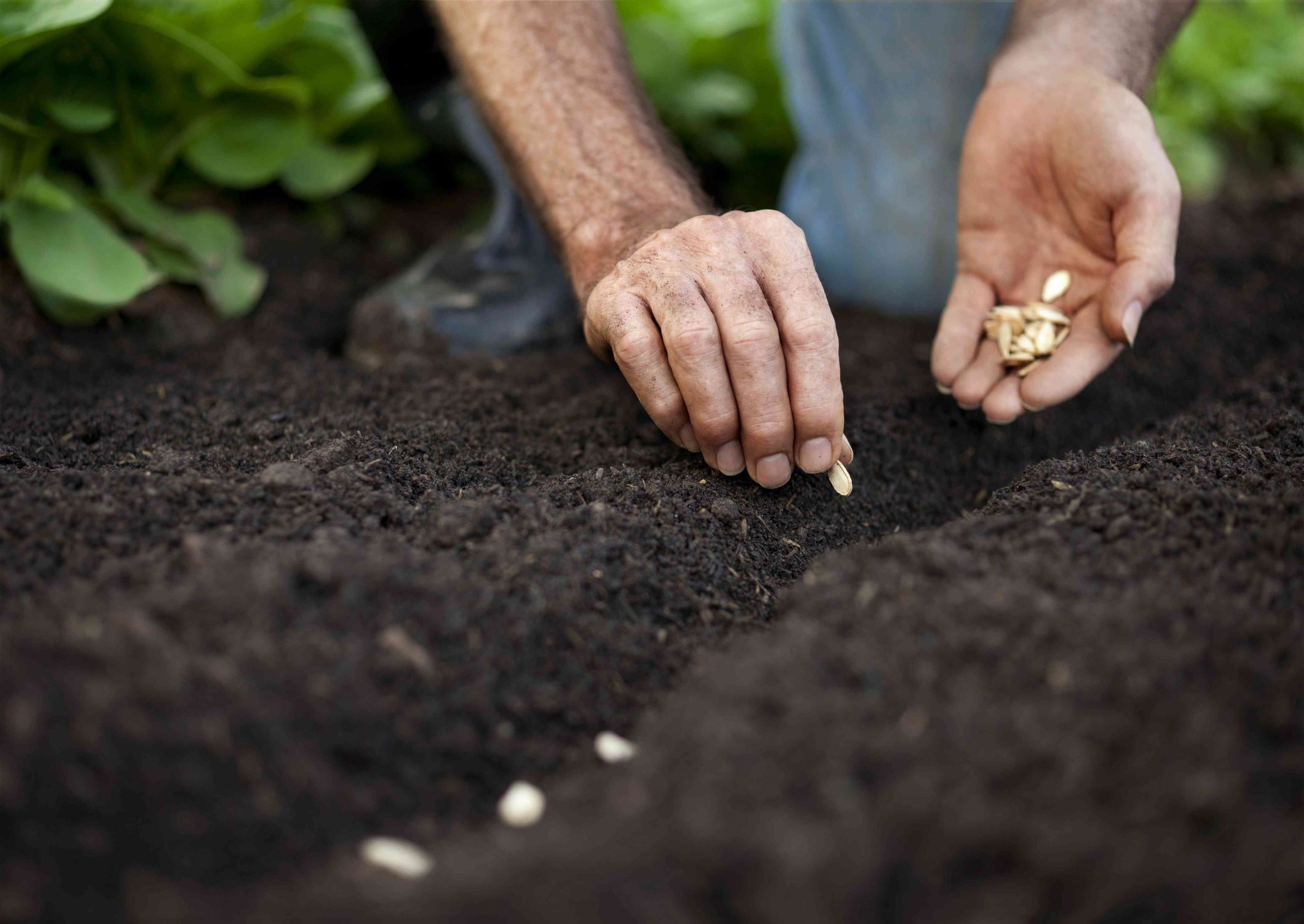
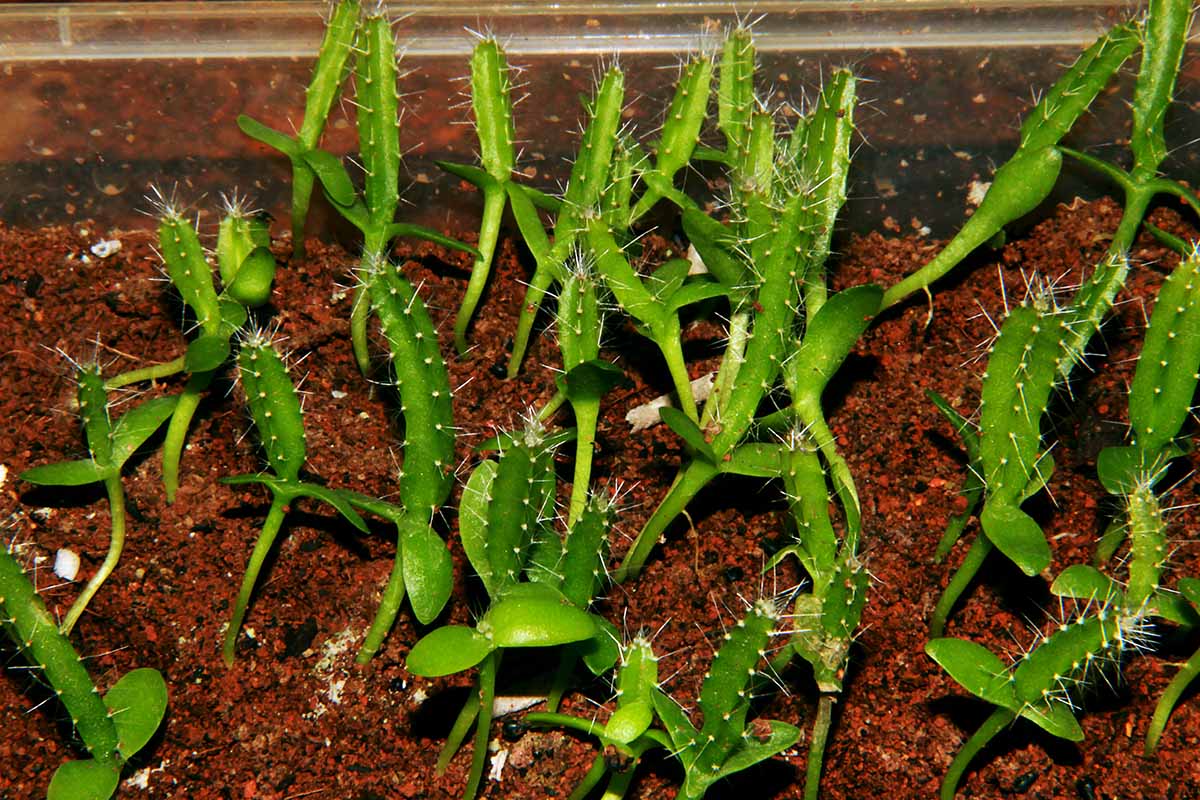
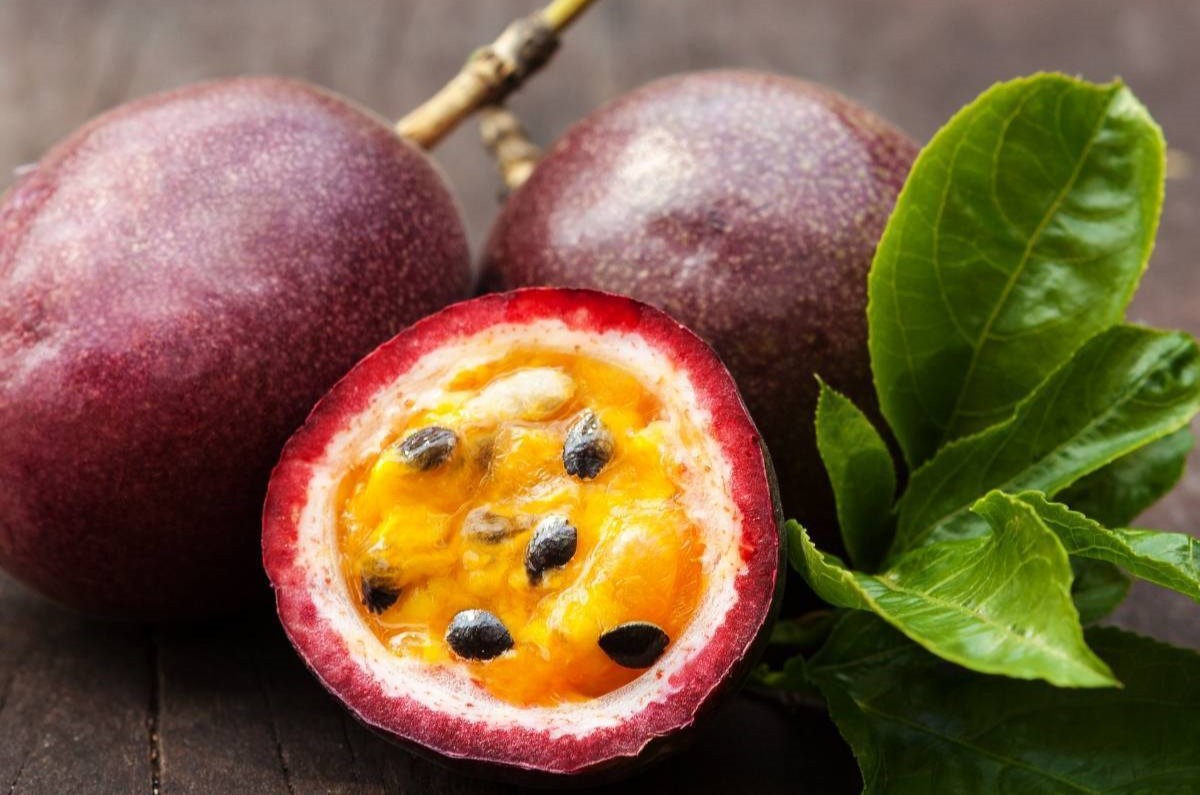

0 thoughts on “What Fruit Does Not Have Seeds”